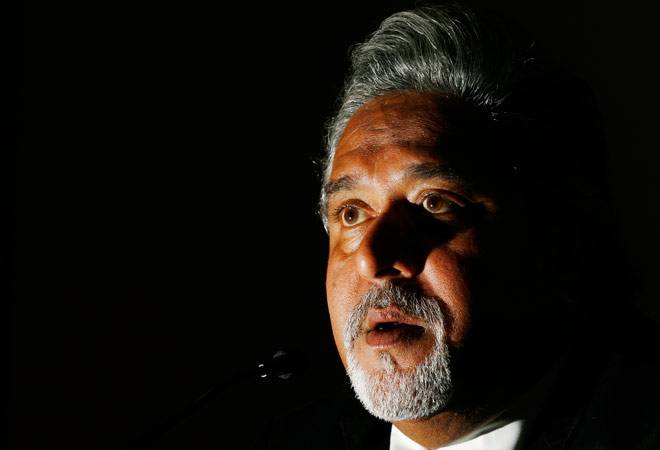Demand for high-yielding Indian government bonds is dwindling, going by the reduced interest seen at an auction on Monday for foreign investors for rupee-denominated sovereign paper.
The Securities and Exchange Board of India offered 93.30 billion rupees ($1.40 billion) worth of quota to foreign investors.
But foreign investors were ready to pay near zero for the right to buy 1 billion rupees ($15 million) of quota, according to traders who have been interacting with the potential buyers. Bidding was due to start at 3.30 pm (1000 GMT).
As expected, foreign investors paid 0.000150 rupees for buying a right to buy a specific amount of government bonds allocated to them in the auction. It was fully sold with total bids received at 94.58 billion rupees.
At the previous auction last month, they paid a fee of 0.0337 rupees, meaning an outlay of $5,000 for a quota of $15 million. In early 2015, they had paid a fee as high as 1 rupee.
Until a few months ago, government bonds had been a favorite for foreign investors, but traders said global risk aversion afflicting most emerging markets has dampened the appetite for being invested at the long-end of the Indian bond market.
“It’s not that investors are drooling over each other to buy government bonds,” said Ashish Vaidya, head of trading at DBS Bank in Mumbai. “It’ll go at a fairly cheap fee.”
Ajay Manglunia, head of fixed income markets at Edelweiss Securities, which handles bids from foreign investors, said the large amount of quota on offer at Monday’s auction put investors in a stronger position to pay less, especially as auctions were taking place every three weeks.
“So foreign investors may want to just put in a nominal amount close to zero and then decide over the next two weeks whether to actually buy bonds or let go their limits depending upon risk environment,” Manglunia said.
The bond market remained lacklustre on Monday, with yields ticking higher. The 10-year government bond yield rose to as much as 6.78 percent on Monday, its highest level since October 4.
Expectations of a U.S. interest rate hike, stronger oil prices and worries over the U.K. and European economies following Britain’s vote to quit the European Union have made investors more cautious.
Foreign investors’ retreat in the last few months from the previously hot bond market has resulted in a net outflow of $936.96 million between January and October.
Luckily for India, inflows to the share markets have remained robust over the same period, standing at $7.56 billion.
[Source:-Reuters]

